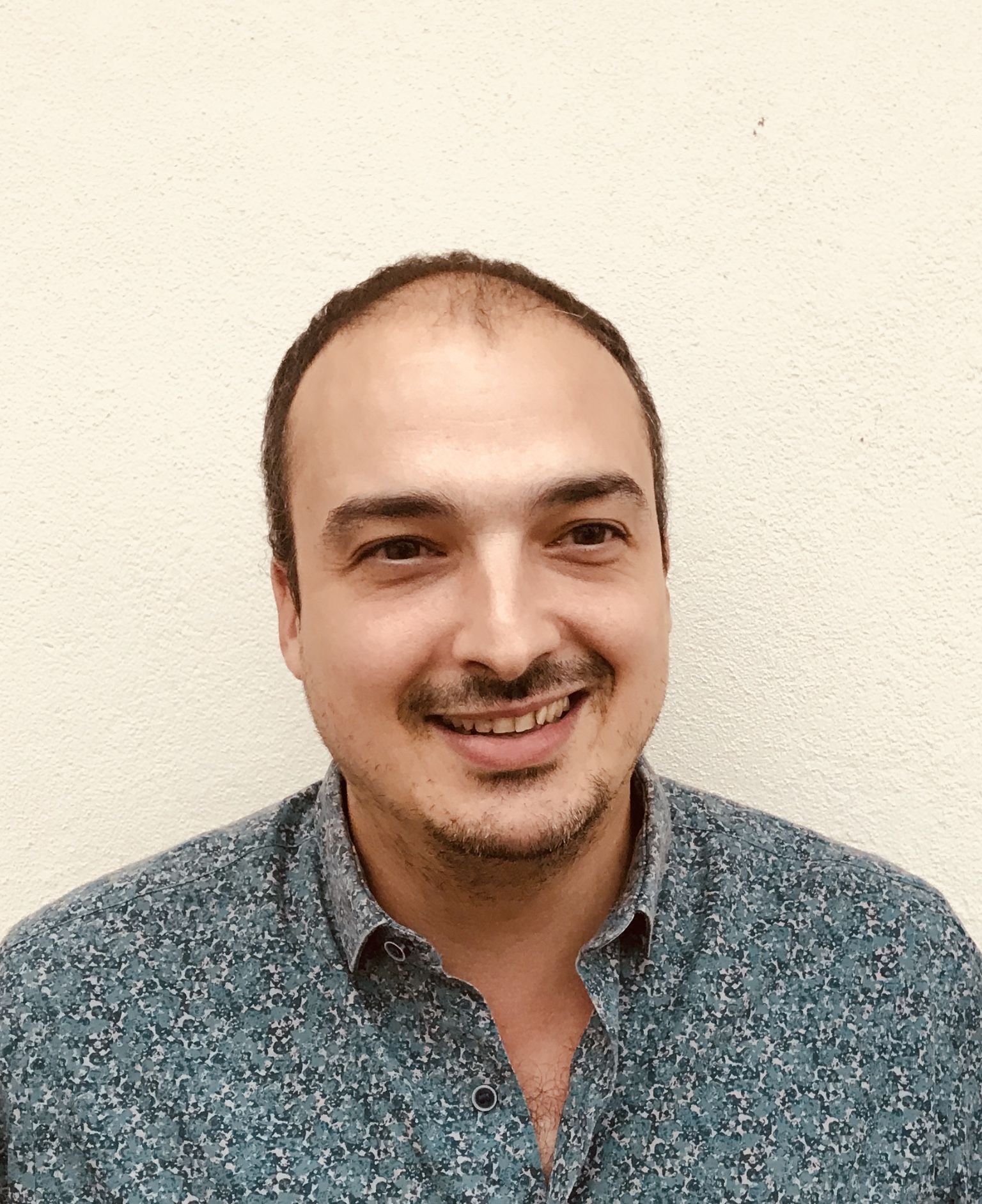I always dread the moment I am asked to describe what I do. Will my attempt to describe existential therapy do justice to what I think the experience could be? Will the language I use connect with or alienate the other? What will this mean to others?
Existential therapy is steeped in philosophy. This is not unusual or indeed unhelpful, but when I begin to philosophise about what meaning is I begin to get lost. It is reasonable to suggest that as entities we construct meaning and to an extent experience. Developments in neuroscience would also agree with this sentiment.
Our brains are wired to complete an experience, make meaning from sensation and construct reality. We only have to consider very simple and well documented illusions rabbit-duck illusion, for example as examples of how our brain searches for meaning and often constructs possibility. What these illusions also demonstrate is that there may be more than one possibility in any given experience. We just need to be able or open to seeing it.
One aspect of existentialism acknowledges that as beings we can easily fall into one possibility or meaning and dismiss, or even miss, the other possibilities available to us. Perhaps my role as an existential therapist is to help my clients consider that there may be more than one way of interpreting and understanding their experience and perhaps identify more than one option. How can this help us manage despair and suffering? By seeing more than one possibility I might be able to find an alternative way out of my difficulty. By searching for alternative meanings I may be able to manage the suffering I experience. Instead of rationalising that my suffering is about punishment or that I deserve to suffer, I could begin to experience my suffering as a cue to change my position - a guide rather than an enemy.
My experience of constructing meaning is also intrinsically linked to being with others. Existentialism emphasises how we are always in relation to the other or to other entities. Even when we are alone or isolated we have some link to others. I can avoid interaction with others by withdrawing into my room and not interacting with the outside world. I will be devoid of physical contact, but there are reminders of others all around me... in the objects I use and possess. Even if I am on a dessert island with no possessions or reminders of the outside world, I may well see a satellite or plane cross over above me. Others are everywhere. Either in person or in idea.
The therapeutic relationship offers an opportunity to bring our experience of relationship and meaning into sharp contrast. If I find myself repeating the same patterns of behaviour with others I would more than likely repeat these patterns with my therapist. The therapeutic relationship enables us to explore these patterns and challenge them. Challenge ourselves to have a different experience or be open to new possibility. This is an uncertain process. Acknowledging uncertainty is a core principle of existentialism. Uncertainly is often uncomfortable and unbearable. Stands to reason that we are fine tuned to make meaning in order to manage the uncertainty. However, we may inadvertently create meaning that is just as unbearable as the uncertainty we wish to avoid. Can therapy help us tolerate uncertainty? Our attitude towards it may hold the answer to this question.
I find attitude or intention to be a fundamental ingredient of achieving therapeutic shifts. How I approach my clients depends upon my attitude towards the work and how I position myself in the space. The same could be said for the attitude of the client. After all we are in relationship. My practice i.e. technique could be interpreted by some as existential and others as relational analytic. However, it is my attitude that reverberates through my being and practice. I have been acquainted with a number of existential purists and experience them as rigid and dogmatic. They could recite Kierkegaard's Fear and Trembling, philosophise about intersubjectivity and practice phenomenologically, but fail to see possibility beyond their philosophical standpoint. Likewise I have met some analysts who are steeped in psychoanalytic prose, but are able to suspend themselves between possibility. In my mind this analyst is more existential than the existential purist!
Being able to suspend oneself in uncertainty, accept that I know nothing and be open to alternatives is not nurtured by philosophy, but rather attitude and experience. My attitude enables me to tolerate my vulnerability, uncertainty, others and the tension between expressiveness and restraint. Arguably this is what I believe is existential. This is why I agree with a common description of therapy being an art rather than science. This is the meaning I have adopted and created. I know this meaning can shift. It feels safe, but at the same time I know how fragile it is. This is why I feel dread when I am asked to describe what I do. The question reminds me that I don't really know. However, I do feel I have found an attitude to tolerate it.
Titos Florides is a psychotherapist in Central London and online

